
Developing Advanced Tools to Improve Accuracy and Accessibility for Long-Read RNA Sequencing
Rob Patro has received $1.4 million in NIH funding to advance long-read RNA sequencing software.
At the Center for Bioinformatics and Computational Biology, known as CBCB, we use multidisciplinary teams and powerful computing resources to better understand myriad questions arising from the genome revolution.
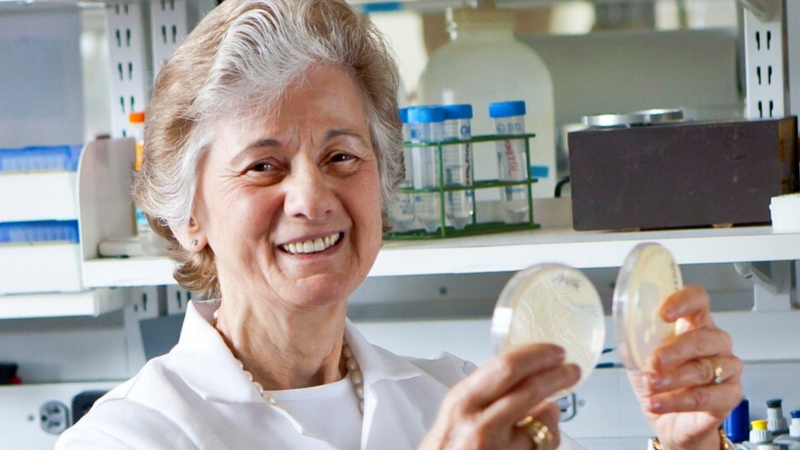
We’re able to track and help prevent deadly diseases like cholera through remote sensing and cross-institutional partnerships.
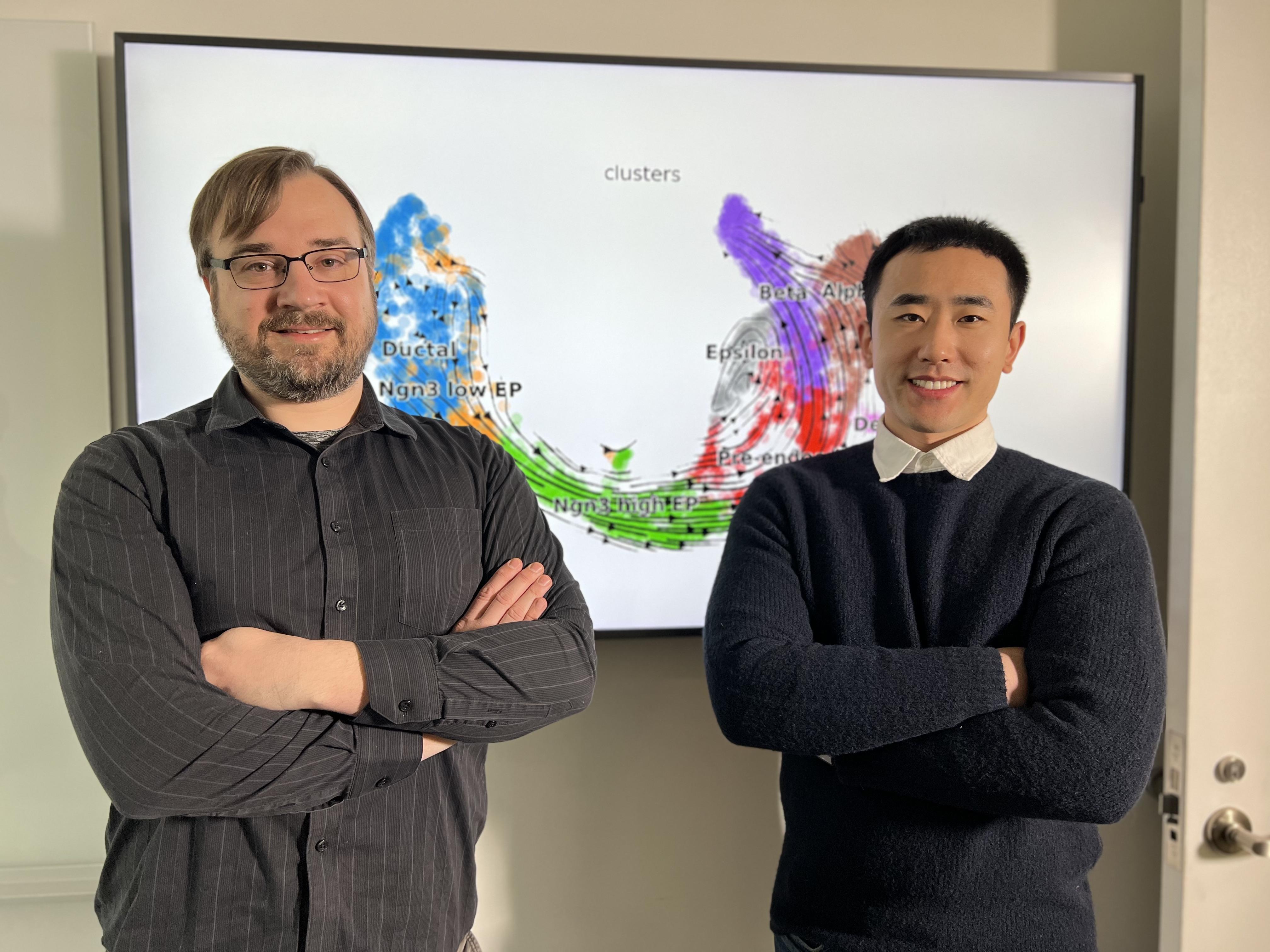
We’re developing open-source software and other digital tools for processing, organizing, indexing and querying high-throughput genomics data.
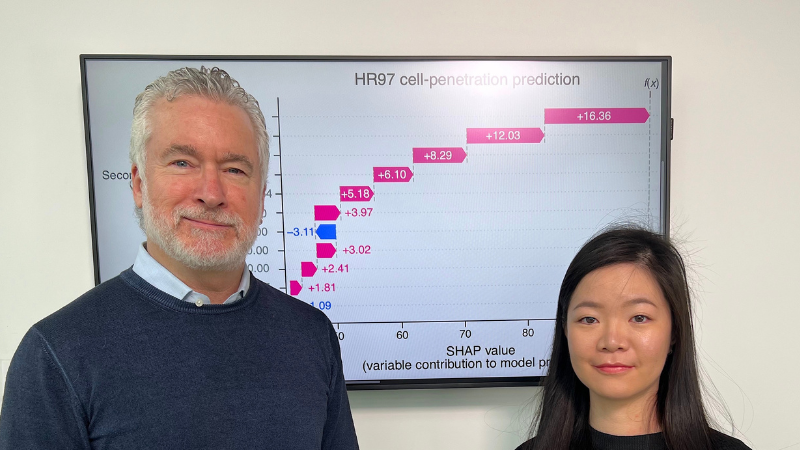
We’re using AI and machine learning to develop novel therapeutic protocols for diagnosing and treating debilitating conditions like Parkinson’s disease.
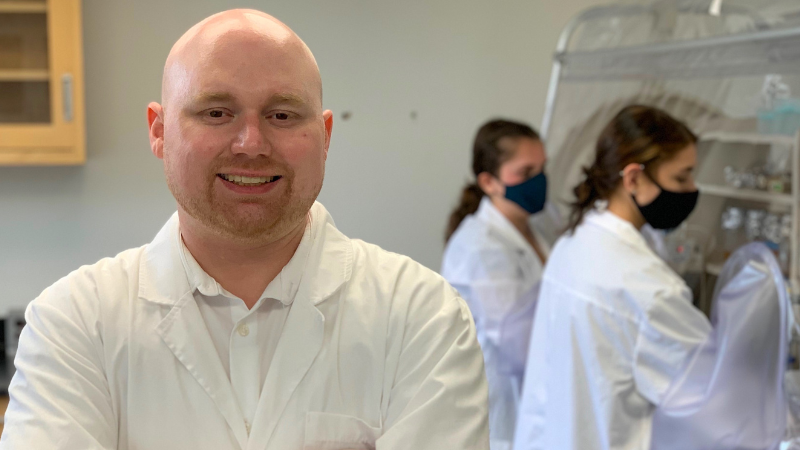
We’re forming robust interdisciplinary partnerships in pursuit of a deeper understanding of complex microbial communities.
Lastest News
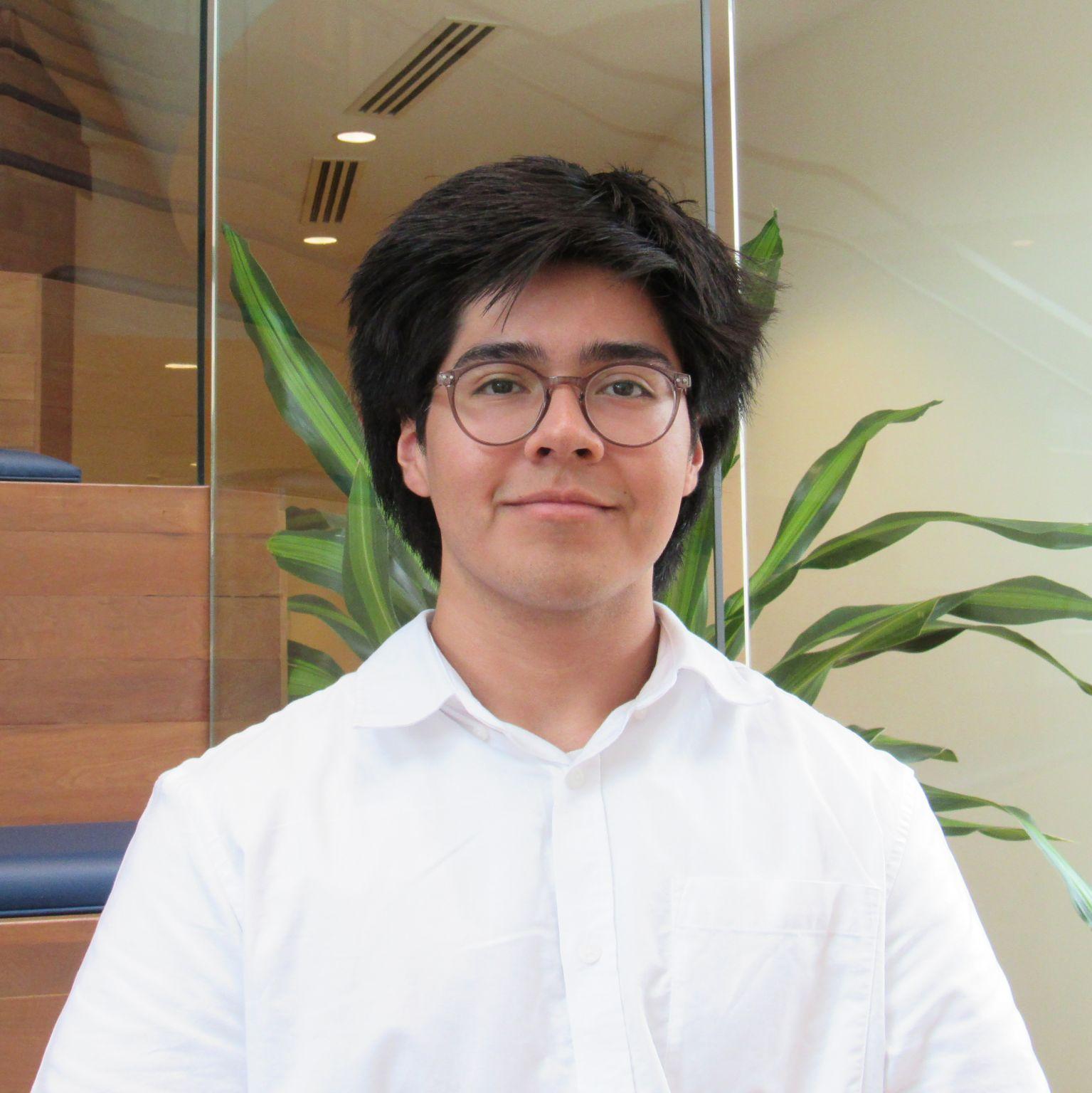
CBCB Undergraduate Researcher Awarded Goldwater Scholarship
Luiz Mata Lopez has been named a 2025 Goldwater Scholar for his outstanding research on tumor evolution and genome analysis.
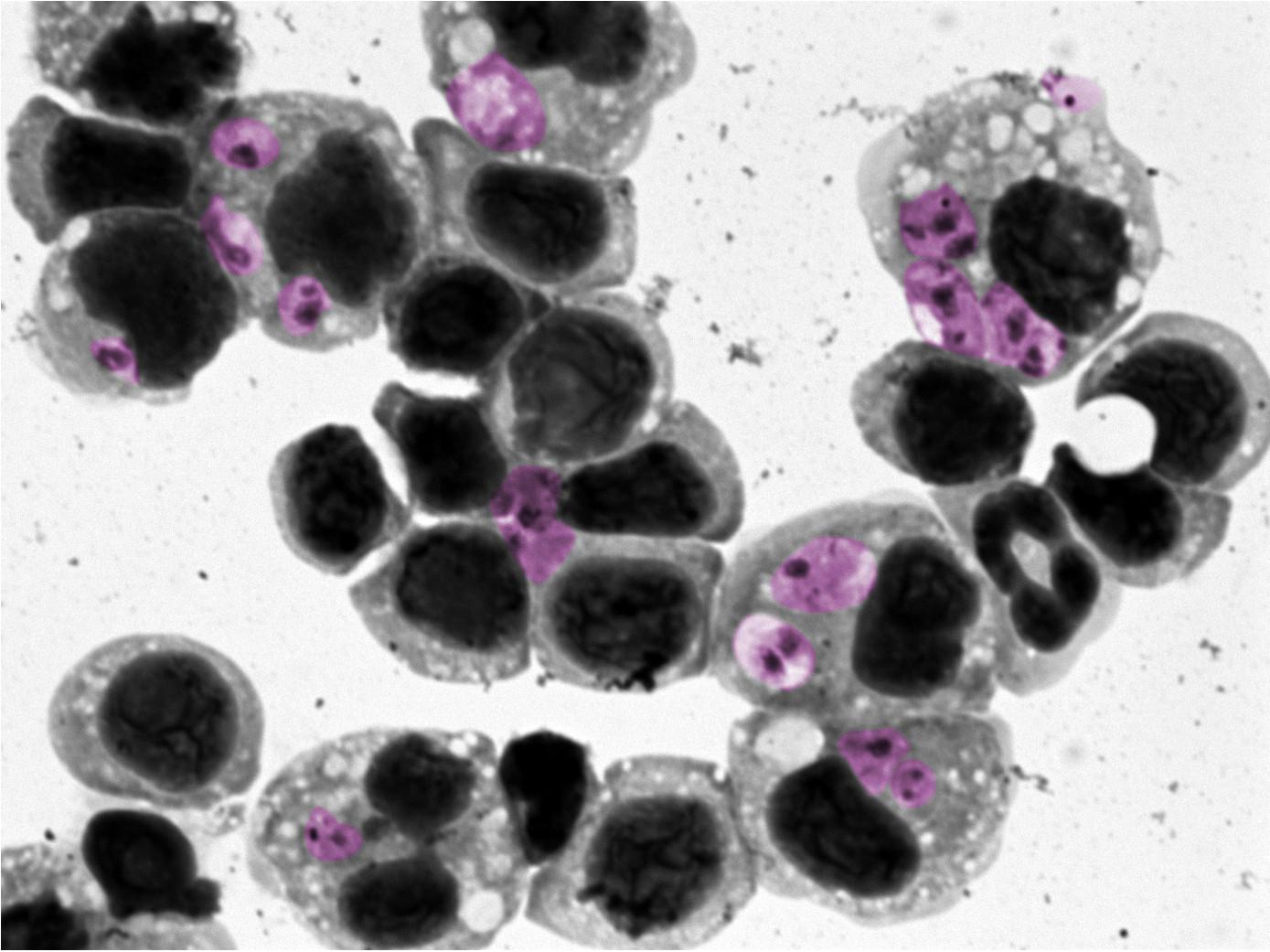
UMD Researchers Discover Way to Predict Treatment Success for Parasitic Skin Disease
Findings from a new study co-authored by Najib El-Sayed could help doctors select more effective treatments earlier for patients suffering from leishmaniasis.
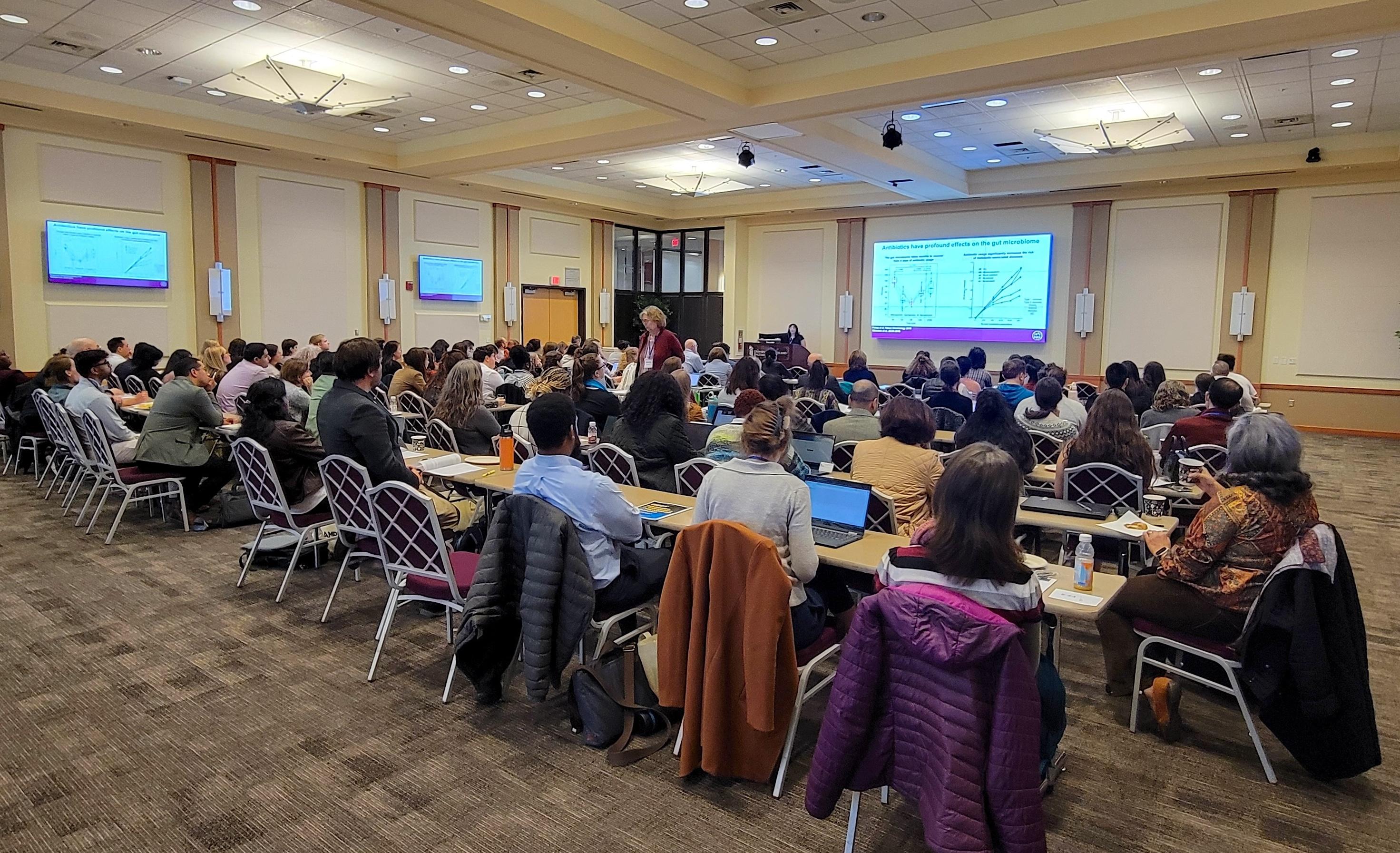
UMD Microbiome Center Co-Hosts Mid-Atlantic Microbiome Meet-up
The event drew participants from 10 higher education institutions, four federal institutions, two research institutes, and one professional organization.
Testing Event Section
Description about CBCB events

Seminar Series
CBCB holds a weekly seminar during the academic year, with the goal of showcasing research being done at the center, UMD, and other institutions. The seminar features talks by invited speakers from academia and industry. Often, graduate students have the opportunity to meet with invited speakers after the seminar.

WABI Conference
WABI 2025—an international conference covering research in algorithmic work in bioinformatics, computational biology and systems biology—will be held at the University of Maryland, College Park in August.
